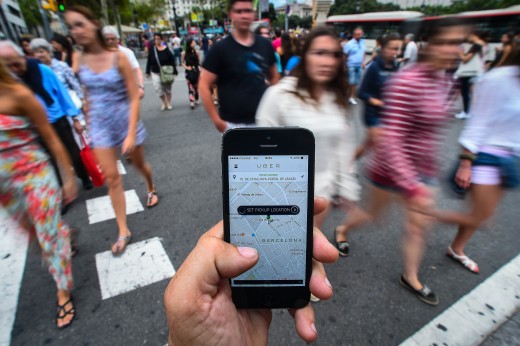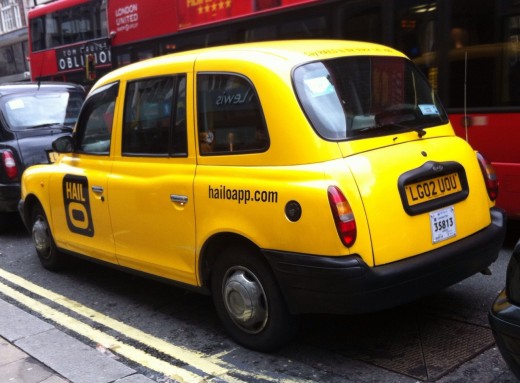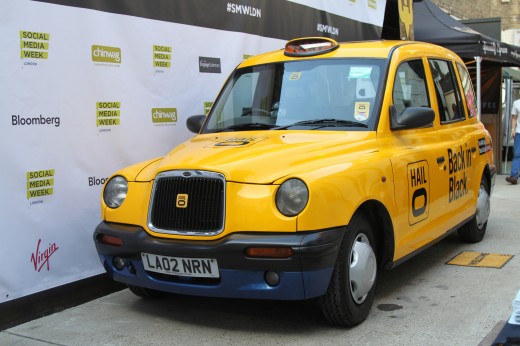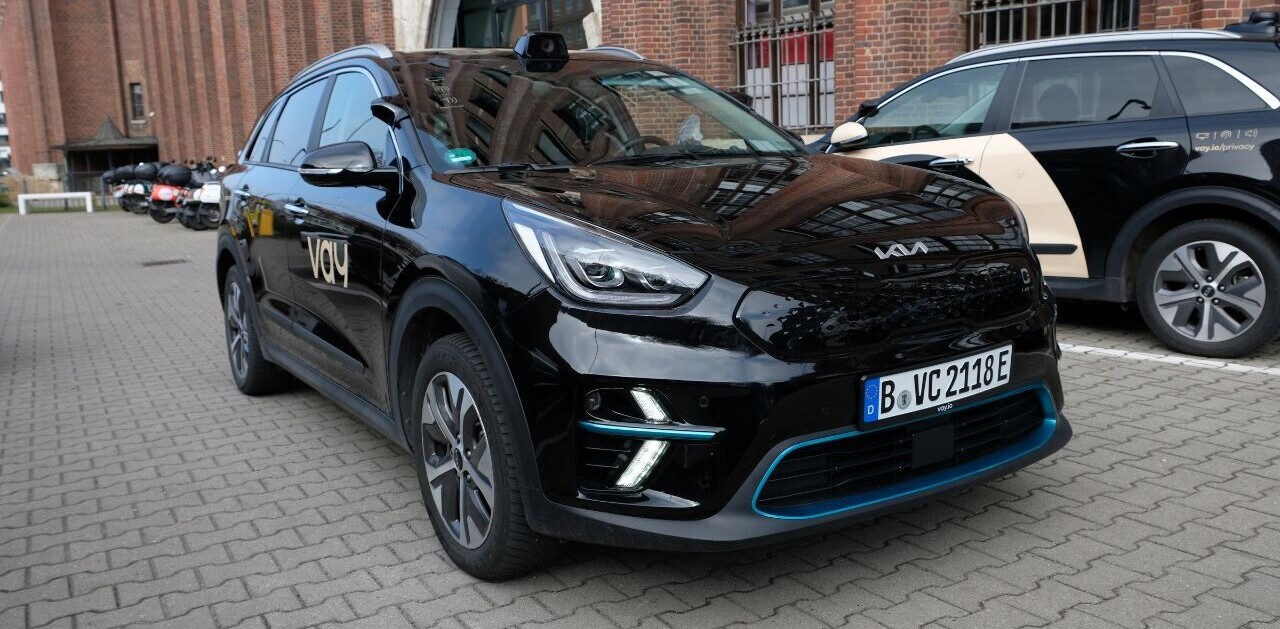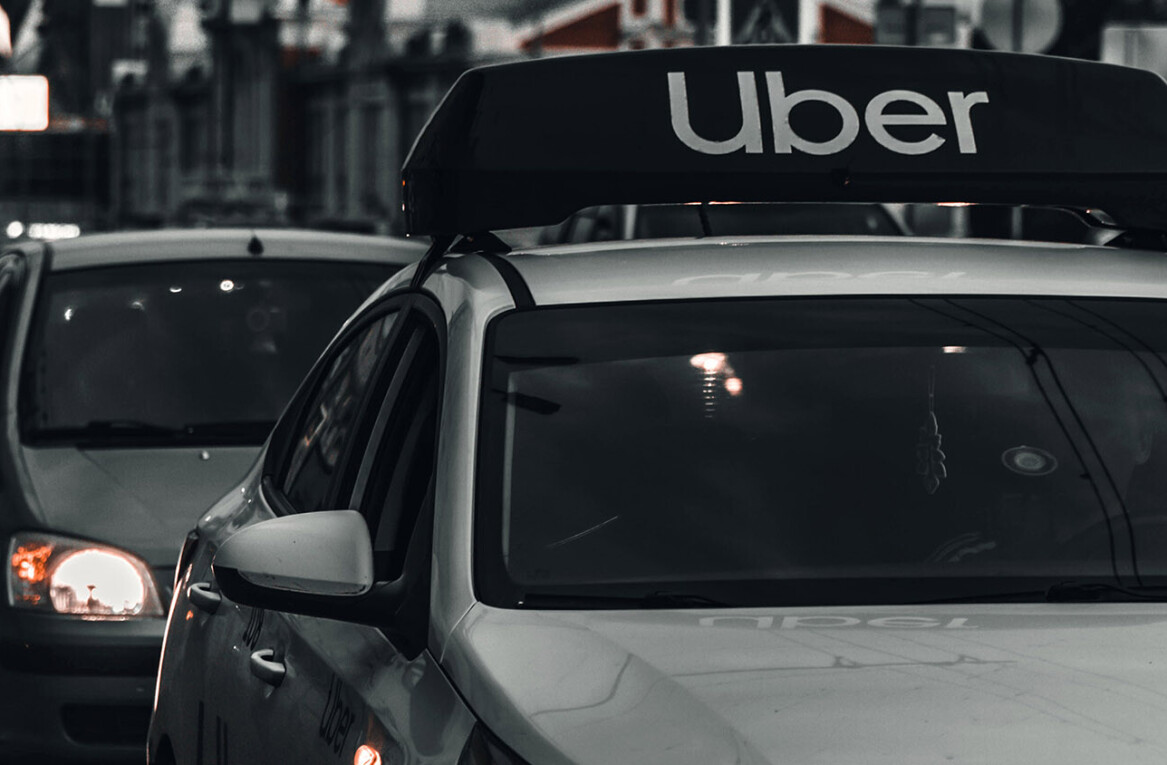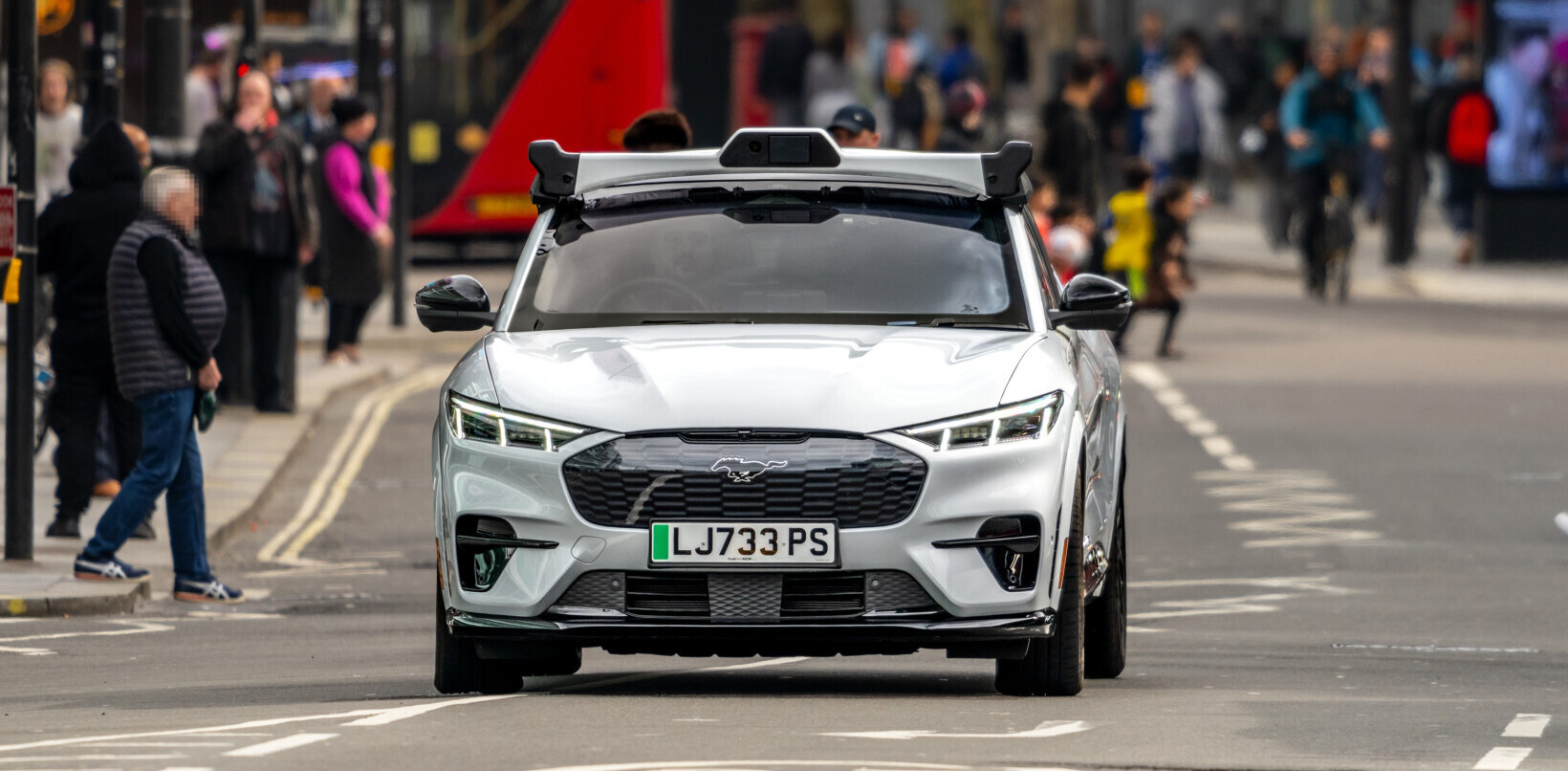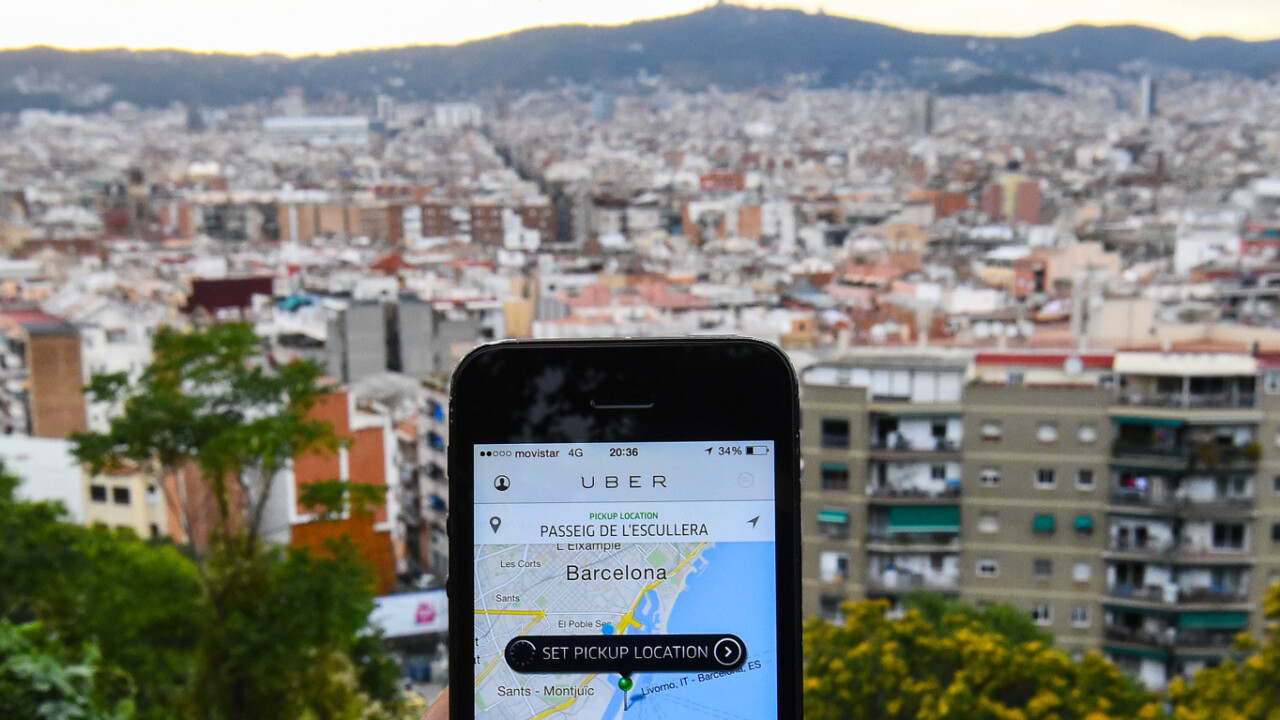
For most tech companies, expansion is all about country-by-county localization. When your service requires a city-by-city approach, the operation can be far bigger and more complicated.
To find out what such a granular approach to expansion involves, we spoke to three companies at different stages in their growth but all focused on conquering the world, a city at a time.
Uber
Having raised a total of $1.5 billion from investors, 21st Century taxi company-cum-‘urban logistics platform’ Uber is rapidly expanding around the world. Beyond North America, Uber has only just got started. It’s active in a total of 42 countries but mainly just their capital cities.
How does it go about choosing which cities to target? Jambu Palaniappan, Head of Expansion for EMEA and India, says that signups in cities that don’t currently have Uber is one factor. For example, prior to the company’s launch in Manchester, UK in May this year, he says that “we had thousands of customers that had downloaded our app, signed up and even tried to request rides, so that’s one of the big indicators.”
Uber recruits a dedicated team for each city, although the company is reluctant to go into too much detail about the kinds of people it hires beyond the requirement for the lead team member in each city to be “entrepreneurial.”
A General Manager heads up operations in each city, and in the early days of preparation for a launch, this can involve some real legwork. We’ve heard tales of Uber staff going from taxi to taxi to pitch Uber to drivers as an alternative to their current employer and inviting them to meetings where the concept is pitched.
Drivers unfamiliar with the Uber brand may be hesitant to join a company that doesn’t fit the usual mold of a local firm run out of a small office. Meetings in which the Uber brand is pitched to drivers along with reassurances of its financial backing from the likes of Google Ventures, is one way of getting them onside, as is guaranteed payment levels while the service beds into a city.
Still, it can sometimes be a little concerning for drivers who take the leap to be an Uber driver early on. One UK driver told me that he was taking a risk signing up with an American company – he feared that local taxi companies may shun him, denying him work if Uber ever pulled out of his city in the future.
An interesting move for Uber as it expands its footprint has been a diversification in the kinds of product it launches first in each city. While early on, the black town car service was generally first with other variants like the low-cost UberX following later, now it’s trying market specific approaches.
“It’s up to the General Manager to figure our what’s right for the city,” says Jo Bertram, General Manager for Uber in the UK and Ireland. “Whereas in London we started with UberLux, which is a super-high-end product, in Manchester we felt what was most appropriate given the demographics here, and the wants and needs of the demographic was UberX, and hopefully we’ll expand to other products later.”
Palaniappan says that Uber doesn’t try to “dropship a San Francisco solution” into each city. Bertram adds that General Managers have the autonomy to tailor the product as they see fit for the market in which they operate. Among other things, General Managers get to decide on the special publicity stunt delivery events that Uber often conducts in certain cities, offering products like ice creams or even kittens.
While Palaniappan declined to discuss specifics about the kinds of people Uber hires to launch a new city, he was more detailed when talking to Cityam earlier this year.
“We basically find the top talent in those industries and give them the opportunity to run their own business,” he told the publication. “The challenges that we face are pretty unique, the launcher’s role is one of the most physically, emotionally, and mentally challenging roles that an individual will come across. But it is also one of the most rewarding.”
Hailo
On the surface, Hailo is a similar company to Uber, offering taxis to customers on demand via an app. However, its expansion strategy is a little more lightweight and nimble, if not quite so well-funded.
Co-founder and COO Caspar Woolley is also a little more willing than Uber to talk specifics when it comes to the company’s approach. After launching in London in 2011, it held back on tackling other UK markets, preferring instead to get a foothold in the major taxi hubs around the world such as New York City, Toronto and Tokyo.
However, the company started off relatively close to home by expanding into Dublin – a city with the same language and a similar culture to London but with enough differences (such as the currency used) to provide a dry run for the kinds of more sophisticated localizations that would be required in countries such as Japan.
Having now covered what Woolley calls a “spine of taxi hubs” around the world, Hailo is expanding further. In fact, in Ireland it grew beyond Dublin to other cities and is now available nationwide – something Uber has yet to achieve anywhere. In the UK, Hailo recently launched in its second city, Manchester, and there are plans for cities like Birmingham, Leeds and Liverpool to follow before it opens up to the whole of the UK.
Hailo’s local operations in each city are leaner than Uber’s. As you may expect from a company with taxi drivers among its founding team, it takes a driver-focused approach with its staffing. A local taxi driver is recruited to co-ordinate recruitment for each city, rather than the entrepreneurial types Uber seems to hire. Beyond recruitment, most other functions such as marketing are handled centrally by the company.
Bob Azam was hired as Hailo’s lead cabbie in Manchester, and he’s been spreading the word to other taxi drivers in the city. “I have seen my work fall over the last ten years as much as 60 percent and I needed a way to generate more income at work,” he says. “By chance I met the Hailo founders earlier this year when they came to Manchester. It struck me that Hailo was a great idea as it puts an available empty cab together with a passenger who needs a cab.” In Manchester, more than 100 drivers had signed up by the week of launch.
As with Uber, Hailo’s ambition is to be a ubiquitous transportation service. With ‘just’ $77.1 million in total funding to date, it lacks Uber’s warchest, but it’s scaling a leaner operation that relies on more centralized infrastructure.
Citymapper
Citymapper is an app that uses a mass of data about cities and their transport infrastructure to provide detailed, user-friendly navigation guides to locals who need to get from A to B. Although it offers a very different product to Uber and Hailo, it’s following a similar city-by-city approach to its launches. Having started with London, it’s now also available in New York City, Paris, Berlin, Washington DC, Boston, Madrid and Barcelona.
Founder Azmat Yusuf says that user demand helps determine the cities that Citymapper takes to. Whereas Uber uses signups in unsupported cities to gauge the appetite for its service, CityMapper has an online voting platform where users can ask for the app to support their locale.
Demand isn’t enough on its own though, there’s a supply issue too. Citymapper relies heavily on transit data being available. London was an early mover in opening up its public transit timetables to developers, but not all cities have followed suit. It’s a situation that led Google to end up doing a deal with Traveline in the UK to obtain the information it needed to offer nationwide transit information in Google Maps and Google Now.
Once a city has been identified as having both user demand and available data, a member of the Citymapper team will visit to talk to locals and make sure the company understands their relationship with their hometown. “We want people to feel the app was made for the city they live in. You may not know it exists elsewhere – it feels native to the city you’re in,” says Yusuf.
Unlike Uber and Hailo, CityMapper has no need to set up offices, or even have any staff, in the cities it supports. Still, despite their differences, all three companies are building services that need to feel like a natural fit for each city. The first to have achieved that at a truly ubiquitous, global scale will have achieved no mean feat.
Don’t miss: 10 tips for setting up an international PR strategy
Image credits: Getty Images 1, 2,3; Jon Russell/Flickr, Chinwag/Flickr
Get the TNW newsletter
Get the most important tech news in your inbox each week.

